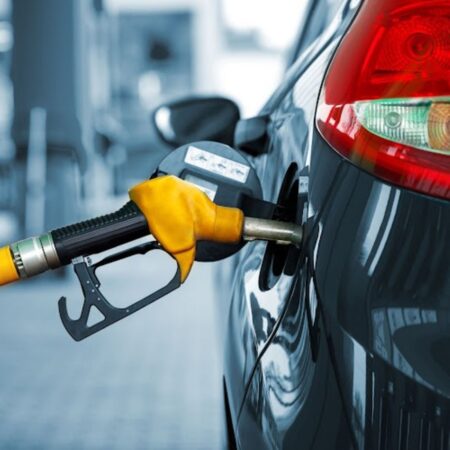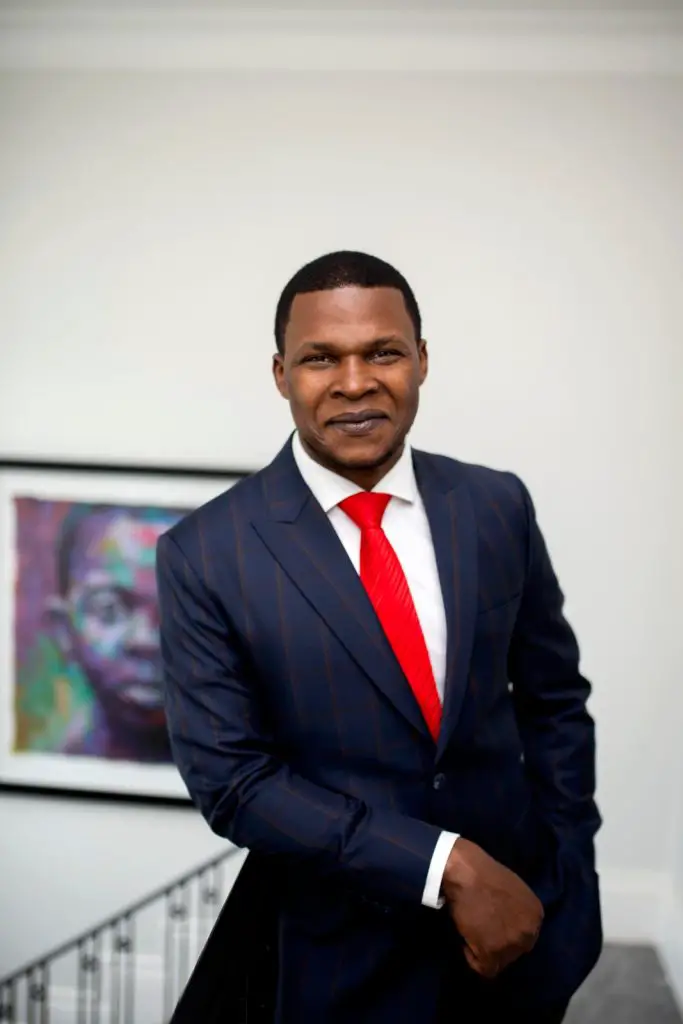- Africa’s new dawn: the rising role of digital and AI in agriculture
- Can Dangote Refinery Transform Africa Energy Ambition
- Gallup Survey: 80 per cent of Kenyan Workers Are Disengaged and Seek New Opportunities
- Madagascar Man Freed from 5KG Tumor After 15-Year Struggle
- How women in Africa are perceived and treated
- Sugar consumption in Kenya to Increase to 1.23 Million Tonnes
- Can Somalia and Turkey Oil deal Bring Change in Somaliland
- Remittances to Kenya dropped to $371.6 million in June, marking a six month low
Browsing: International Energy Agency
Russia’s invasion of Ukraine in February 2022 threw oil and gas markets into disarray. Consequently, the world experienced the first real global energy crisis during the uneven economic recovery from the COVID-19 epidemic. Russia’s inclusion in the OPEC+ group has hampered international attempts to manage the situation. This has made it harder to handle the significant inflationary effects of rising global fuel prices, particularly in developing nations.
Global fuel prices have risen exponentially in the last few months. The rise is hugely significant, as it has seriously aggravated the global cost-of-living crisis. African economies have particularly been on the receiving end. The continent has suffered from disrupted supply chains and a slowdown in the global economic outlook. Thus, rising energy costs complicate matters even further.…
- Project Management Institute’s recent Talent Gap report shows 2.3 million people will be needed each year to fill all project management-oriented (PMO) positions that are expected to open by 2030.
- To remain competitive, companies will need to hire problem solvers and relationship builders who can help drive change and deliver strategic value.
- During this decade, sub-Saharan Africa will witness a 40 percent growth in PMO employment opportunities.
African economies could be headed to a severe shortage of skilled project managers to implement critical infrastructure investments across the continent.
According to Project Management Institute’s most recent Talent Gap report, 2.3 million people will be needed each year to fill all project management-oriented (PMO) positions expected to open by 2030.
To remain competitive, companies will need to hire problem solvers and relationship builders who can help drive change and deliver strategic value.
During this decade, sub-Saharan Africa will witness a 40 percent …
For practical reasons, European gas buyers need to find a way to make up for the supplies missing from Russia. And for both policy and practical reasons, Brussels wants to deny Moscow the opportunity to continue using gas supplies as a blunt instrument with which to threaten Europe in the future.
The change isn’t going to be immediate. Reducing Russia’s profile in the EU’s energy mix will take time. But the process of supply reduction is underway, and it has already opened up new opportunities for African gas producers to acquire market share in Europe. I expect those opportunities to last beyond the near term as the EU attempts to establish a new combination of gas suppliers to replace Russia over the next few years.
I also hope Africa’s emerging gas producers take advantage of new LNG technologies, such as the modular Fast LNG solutions offered by New Fortress Energy …
- Africa is facing a dilemma between mining fossil fuels and adopting cleaner sources of energy
- Due to the Russia-Ukraine crisis, oil prices could jump even further than the US$129 a barrel
- The IEA 10-point plan will open up job creation, skills transfer, technological development opportunities and new industries such as electric mobility
Africa is facing a dilemma between mining fossil fuels and adopting cleaner sources of energy. On one side, fossil fuels contribute immensely to the gross domestic products of most nations in the continent and stopping the mining of oil looks like “self-sabotage”. On the other hand, the world is experiencing harsh weather conditions due to climate change caused by the mining of these fossil fuels. There is a colossal force to mitigate and eventually halt these challenges.
How are African governments manoeuvering past this conundrum?
The decision appears like a mountain to climb, considering Africa is discovering new …
Rwanda and Uganda are quite ahead of their East African neighbours in the global switch to electric cars, even as infrastructure shortcomings limit investments in the emerging sector.
In the past two months, Kampala and Kigali have unveiled electric vehicle assembly plants, with Kenya and Tanzania only making baby steps toward embracing the new technology.
Uganda’s state-owned Kiira Motors Corporation has so far built two battery-powered cars and a solar electric bus showing its ambition in the region.
The electric bus is called the Kayoola Electric Vehicle Series (EVS) and has been built using Kiira Motors home-grown green mobility technologies while partnering with Motor Co. Ltd, a Chinese Equipment Manufacturer.
The electric buses have a capacity of 90 passengers (49 sitting and 41 standing), compared to the diesel engine vehicles which have a capacity of 65 passengers. They can cover a distance of 300km under a single charge.
Last year …








![Africa should adopt the 10-point plan by IEA to reduce oil and fossil fuel consumption Wind and fossil fuel power generators. Africa is primed for a shift to renewable energy which will provide access to energy to those who are cut off from the system. www.Wind and fossil fuel power generators. Africa is primed for a shift to renewable energy which will provide access to energy to those who are cut off from the system. [Photo/NYT]](https://theexchange.africa/wp-content/uploads/2021/10/Njenga.Hakeenah.Low-carbon.Energy-sources.Africa.Pic1_.jpg)
